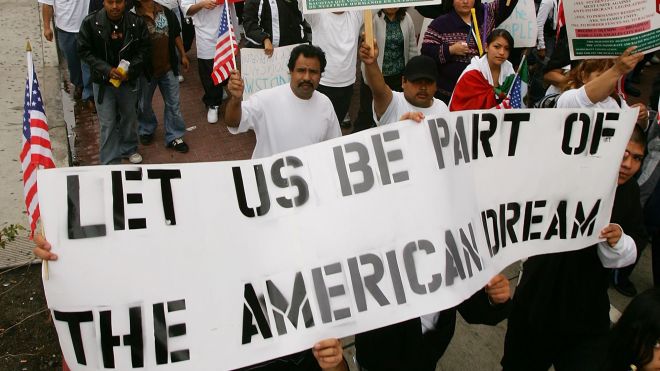
Conversations on Race and Immigration- Perspectives from a black Ghanaian and a white Hungarian
On a recent podcast episode Patrick Tindana, a Black Ghanaian and Peter Kovacs a White Hungarian share immigration stories and perspectives on race. They talk about adjusting to life in the US. Patrick had to leave Ghana because he is gay. It was liberating to be here in the US where he didn’t have to worry about being thrown in jail for being a gay man, but he did and does have to deal with racism and bias as a Black man. When you listen to the podcast, you may find it interesting that because he speaks English with a Ghanaian accent and at times sounds British, he gets singled out as “different” by some people who are biased against African-Americans.
It was somewhat strange for Patrick coming from a country where everyone looks the same (but there are other forms of discrimination) to the US where there is so much racial and ethnic diversity.
Peter and Patrick have both developed relationships with people from different races and cultures in the US and across the globe. They talked with me about why they think it’s important to talk about race. As someone who has a high level of cultural intelligence, awareness and empathy, Peter says that people that want to close the racial divide have to understand their own culture and the challenges of talking about race with people who are different and who may have been traumatized by their own and historical experiences with racism towards themselves as individuals as well as their groups.
Key points from the show were:
• That some immigrants have more privilege and security in the US than others, but there is a lot of negative rhetoric and hate towards immigrants as a group.
• Lack of empathy for people form different cultures and races cause some people to dehumanize others and commit acts of cruelty like separating kids from their parents.
Although there are still issues of discrimination and hate, and even violence we have hope for the future and our ability to bring people together. When people have meaningful interactions and conversations or dialogues across race, they develop empathy and start to listen to others. Sharing food and stories across race and culture helps people find surprising commonalities and make connections.



Recent Comments